Just weeks after securing regulatory approval for its next-generation MitraClip heart valve repair device, medical device maker Abbott has announced they’ll be testing their new Tendyne Transcatheter Mitral Valve Replacement system in patients with a leaky heart valve in an upcoming clinical trial. While both the MitraClip and the investigational Tendyne device are designed to repair a leaky heart valve – also known as mitral regurgitation – the Tendyne device is the only replacement valve capable of being repositioned and fully retrieved.
The SUMMIT study has an enrollment target of over 1,000 patients with severe mitral regurgitation at 80 sites in the US, Canada and Europe. The safety and efficacy of the Tendyne device will be assessed one year following surgery based on a composite endpoint of death, cardiovascular hospitalization, stroke or reoperation. Abbott has reported that several patients have already been recruited to the trial and have undergone the procedure.
“The mitral valve is known for its complex anatomy and, as a result, managing mitral regurgitation can be challenging, especially in elderly or frail patients for whom there are limited to no treatment options,” said Dr. Bassem M. Chehab, medical director of Via Christi’s structural heart program, who implanted the first patient in the study with the Tendyne valve. “I’m encouraged by promising early results from the global study and excited about the potential for the Tendyne device to advance the field of transcatheter mitral valve replacement in the US by providing another option for [mitral regurgitation] patients needing a minimally invasive alternative.”
RELATED: Next-Gen MitraClip Device Developed by Abbott Approved for Leaky Heart Valve Repair
It’s estimated that about one in ten individuals over the age of 75 suffer from mitral regurgitation, which occurs when a dysfunctional mitral valve allows blood to back up into the left atrium of the heart with every beat. Patients with mitral regurgitation face a higher risk of arrhythmias and stroke and may eventually die as a result of heart failure.
The Tendyne device has the potential to replace a patient’s dysfunctional mitral valve in a minimally-invasive procedure that does not require open-heart surgery. According to Abbott, the device could be better suited to different anatomies due to its multi-size, tri-leaflet, bioprosthetic valve design which features a stabilizing pad and a tether mechanism.
“Transcatheter mitral valve replacement represents a new frontier in treating people whose valve does not close properly and who would benefit from a replacement valve instead of repair,” said Michael Dale, vice president of Abbott’s structural heart business. “Abbott established the market for minimally invasive mitral valve repair with MitraClip, showing the safety and viability of a non-surgical repair and paving the way for other catheter-based devices to treat structural heart diseases. Our scientists and engineers are building on our expertise to advance transcatheter mitral valve replacement with our Tendyne technology to provide a needed treatment option.”
Based on early data from 100 patients participating in a Tendyne study, Abbott found that patients fitted with the device showed a reduction in their mitral regurgitation symptoms 30 days after undergoing the procedure. The study investigators presented this data at the annual meeting of the European Association of Percutaneous Cardiovascular Interventions (EAPCI).
Abbott will also be investigating the potential for the Tendyne device to be used to treat patients with a condition known as severe mitral annular calcification. Patients with this condition show an accumulation of calcium around the structure that separates the upper and lower chambers of the left side of the heart, called the mitral valve annulus.

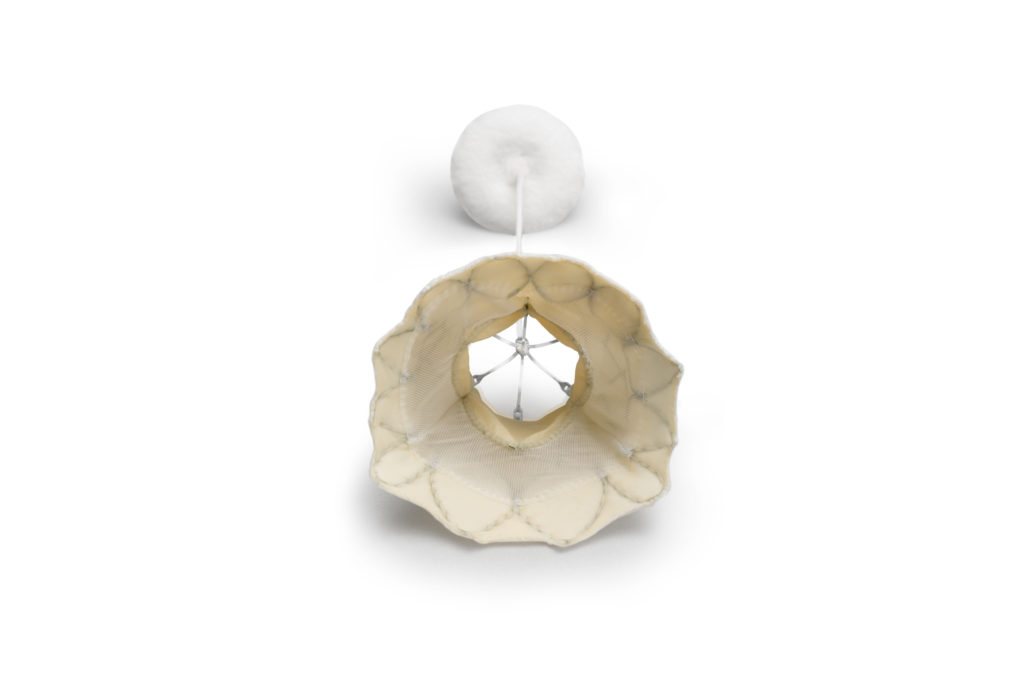
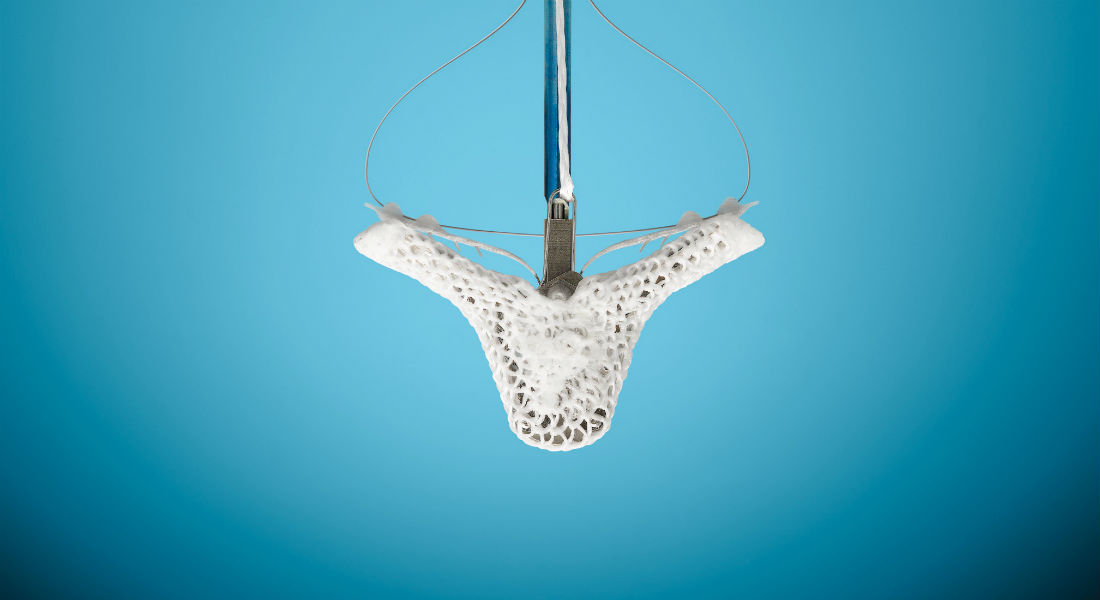
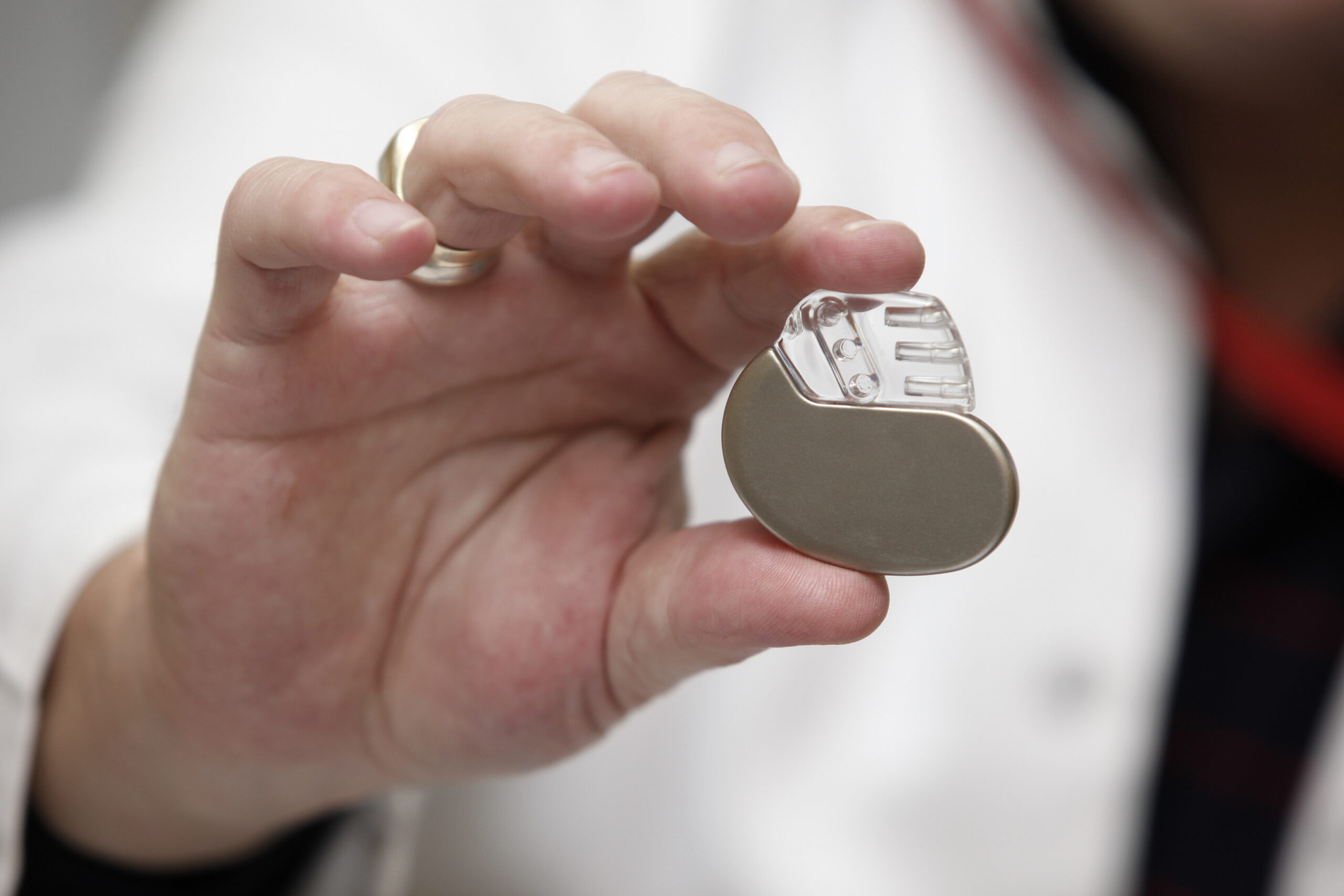
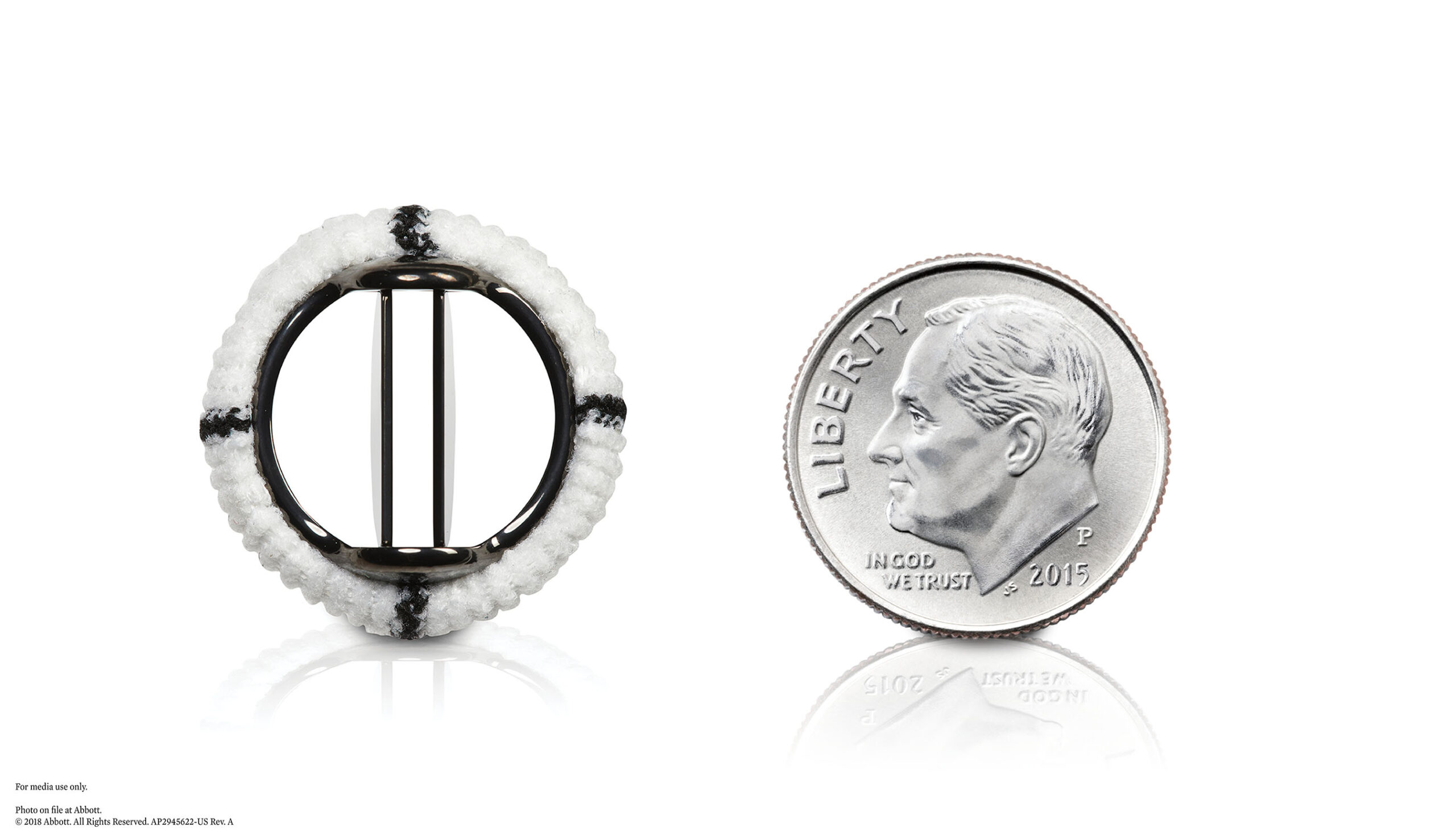
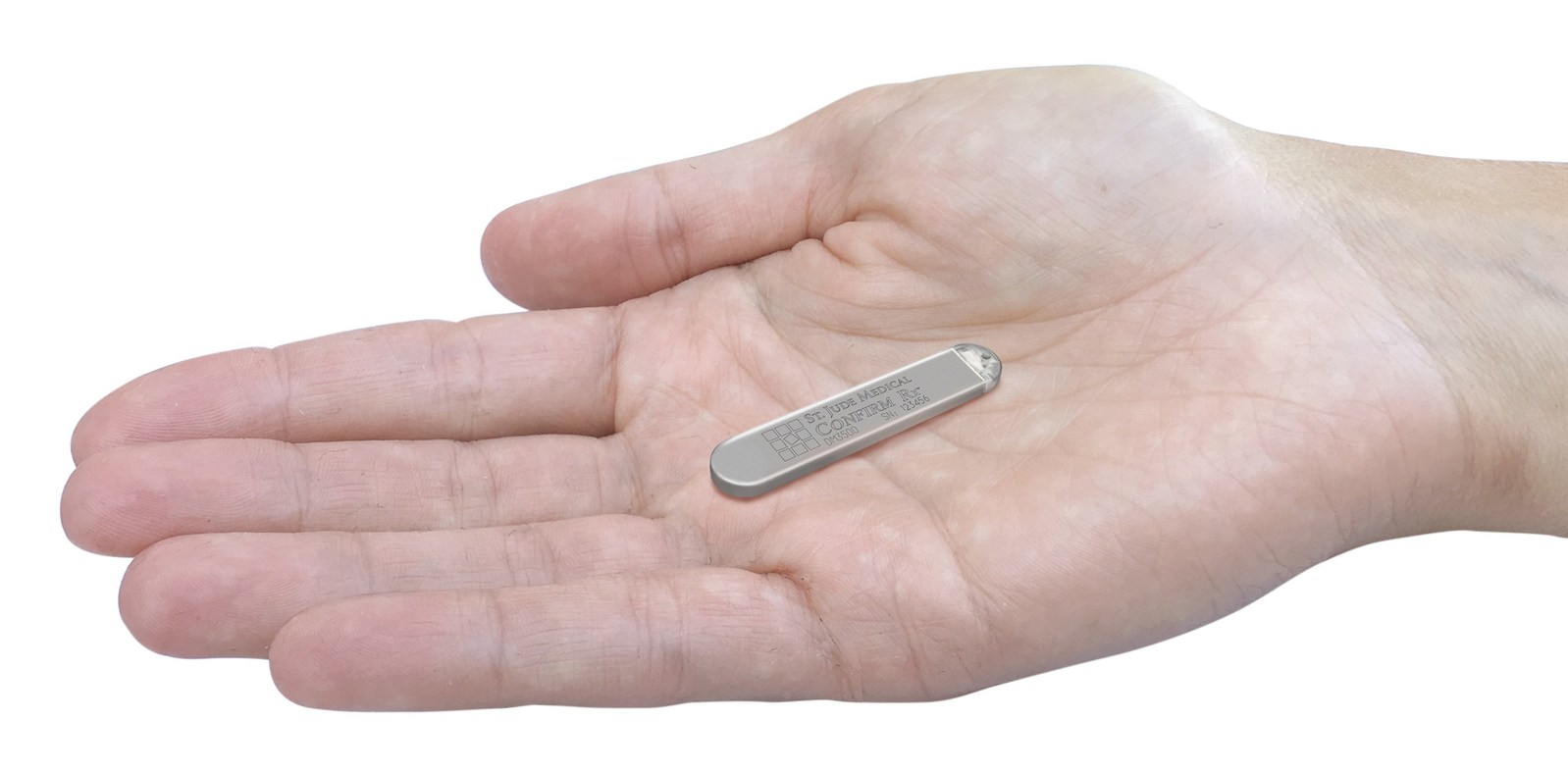
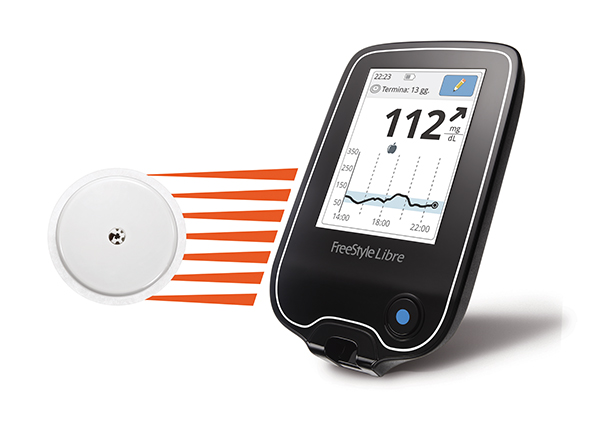





Join or login to leave a comment
JOIN LOGIN